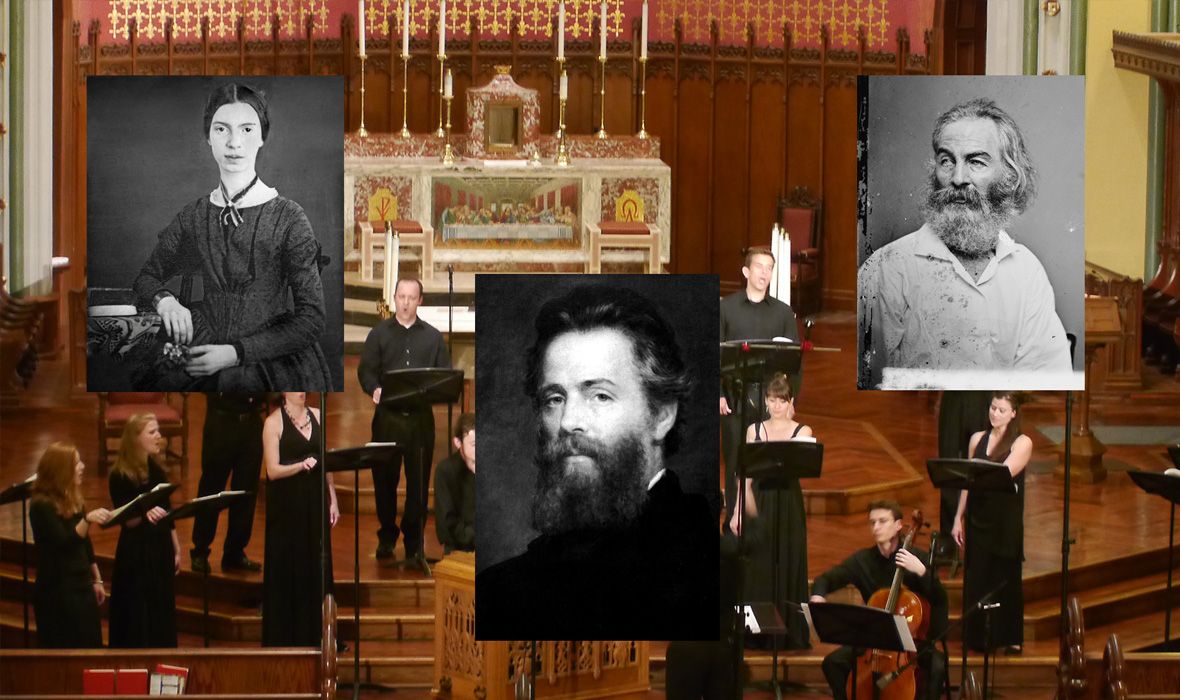In 2015, Martin Bresnick picked up Harold Bloom’s The Daemon Knows: Literary Greatness and the American Sublime to reconnect with old friends: writer Herman Melville and poet Walt Whitman, whose collected works had long influenced his career as a composer, educator, and weaver of musical worlds.
But the book’s affecting first three chapters, dedicated to Whitman, Melville, and poet Emily Dickinson, awakened something deep within him. These figures had created a foundation for a secular, democratic way of looking at the world. And even from their place in the past, they cried out for a formative new text, a work that would put their radical, liberating, and melodic minds to music.
On the occasion of Bresnick’s 70th birthday, that new creation is here: Whitman, Melville, Dickinson - Passions of Bloom. A reference to Johann Sebastian Bach’s epic eighteenth-century "Passion" oratorios, this Festival-commissioned piece conjures three mammoth literary ghosts when freedom of expression may be most needed, and most imperiled.
“I am teaching these artists in the same way that the Passions teach us about the crucifixion of Jesus,” Bresnick said. “That’s what evangelists do. They teach. They forge an emotional and spiritual connection.” Honoring, as Bloom writes himself, that these works still matter urgently, for “they give us the blessing of more life.”
